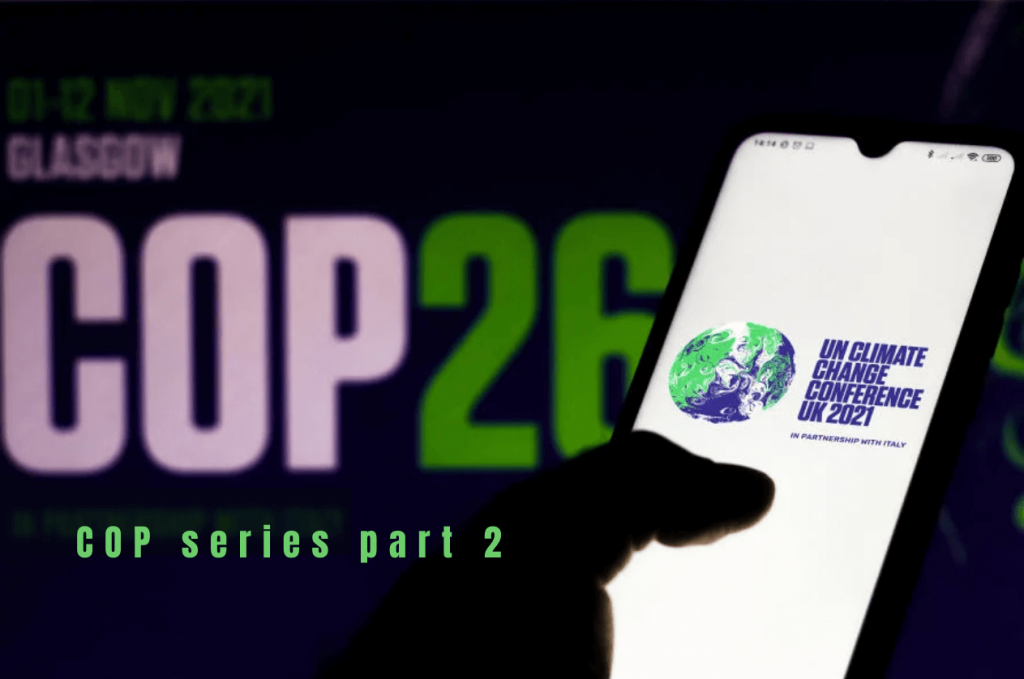We here at UBQ were thrilled and proud to hear the news that Israel has joined the Global Methane Pledge. By doing so, the country takes the ambitious step of committing to cut methane emissions by 30% by 2030.
This pledge, first announced by the US and EU in September, marks a shift in the international community’s willingness to address the urgent climate threat that methane poses, and it comes not a moment too soon.
What the Pledge Means for the World
Here’s why it’s so critical to deal with methane now: the gas only stays in the atmosphere for roughly 12 years, but it has a very powerful global warming impact while it lasts. It’s more than 80 times more effective at trapping heat than carbon dioxide in the short term (you can read more about this here). This means that the effects of any reduction efforts will be felt within a decade or two. Cutting methane emissions now can provide a crucial boost while countries around the world work on reducing carbon dioxide emissions, which will have a more gradual effect.
However, at this moment when we so desperately need to cut methane emissions, they are in fact reaching record highs. This is especially frustrating in light of the fact that several methane reduction measures—enough to cut emissions by nearly half, according to the UN’s Global Methane Assessment—can be accomplished for little or no cost, using technology that’s already available. Methane is produced by many sectors, including the oil and gas industry, animal agriculture, and waste management.
What the Pledge Means for Israel
When organic matter like food and garden waste decomposes in a landfill, it releases large amounts of methane. Globally, 11% of methane comes from landfills. However, in Israel they are by far the largest source of the gas, accounting for 77% of the emissions. This contributes to Israel’s outsized levels of methane production, which are higher per capita than either the EU or worldwide averages.
Israel’s large footprint of landfill methane is no surprise, as 80% of waste is disposed in this way. This landfilling rate is among the highest in the OECD (the Organisation for Economic Co-operation and Development, a group of 38 countries, most of them developed nations). In fact, Israel’s landfills are so overburdened that they’re running out of room. It’s expected that they may reach full capacity as early as next year.
Fortunately, the Ministry of Environmental Protection plans to change Israel’s waste treatment strategy, and quickly. The new goals for 2030 include reducing the landfilling rate from 80% to 20% and cutting waste-related greenhouse gas emissions by nearly half. These targets are perfectly in line with the aims and scope of the Global Methane Pledge.
Innovative Israeli Startup Ready to Share Methane Solution Internationally
UBQ Materials offers a practical, market-ready solution to meeting the Ministry’s 2030 waste treatment goals as well as the targets of the Global Methane Pledge. UBQ’s revolutionary conversion process unlocks the value of unsorted household waste, including food leftovers, mixed plastics, and even dirty diapers. Through our patented reaction process, UBQ converts this unsorted waste stream—previously considered unrecyclable—into a novel, biobased thermoplastic composite: the UBQ™ material. By using waste as its feedstock, UBQ prevents the emission of methane, reduces the demand for landfills, and does not require any change to the existing waste management practices in Israel. This scientific breakthrough has resulted in the most climate-positive thermoplastic on the market, according to Quantis. Every ton of UBQ made avoids 11.7 t CO2 eq and 1.3 tons of landfilled waste.
UBQ Materials applauds the foresight of the Prime Minister and his cabinet. By signing on to the Global Methane Pledge as one of the early adopters, Israel has placed itself in the vanguard of methane mitigation, showing that it is possible to address the world’s most urgent environmental problems and plan for a better future.
Indeed, the UBQ solution exemplifies the power of the Startup Nation to leverage Israeli innovation and entrepreneurship to combat climate change worldwide. With its innovative technology and ambitious vision, UBQ is ready to help Israel and other nations achieve their commitments immediately. For UBQ, this began in 2020 with the announcement of its international expansion and new facility in the Netherlands. But this is just the beginning. The faster UBQ scales up, the more landfilling and methane emissions it can prevent, and the more virgin plastic society can replace around the world.


